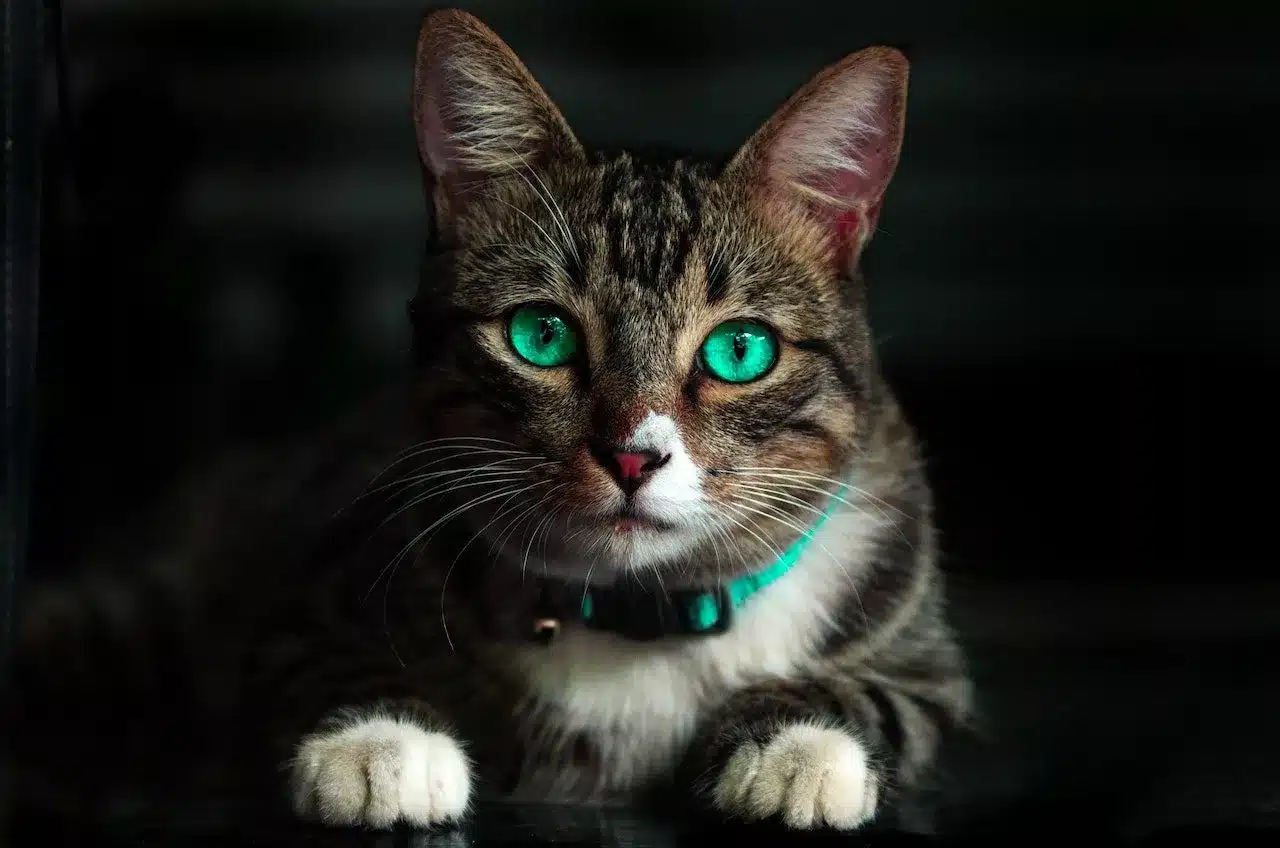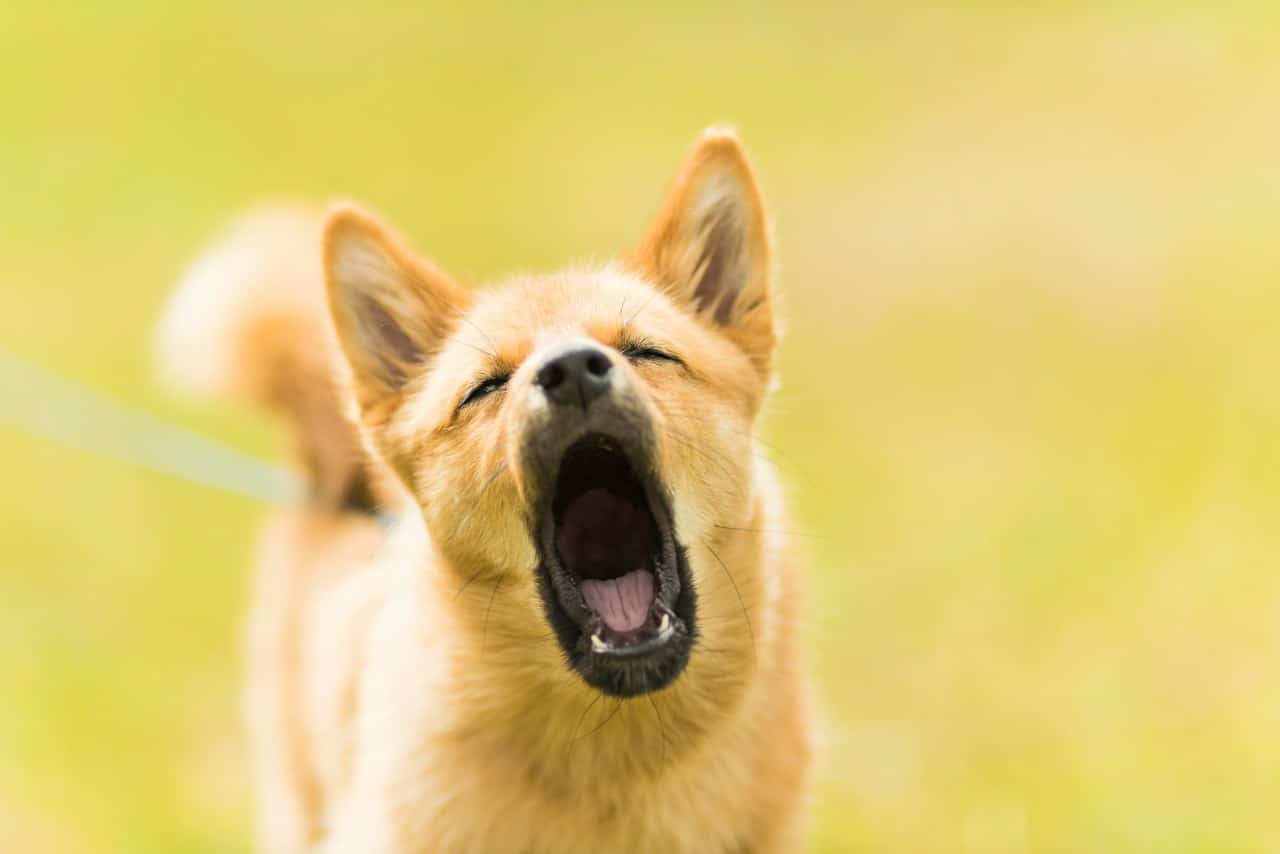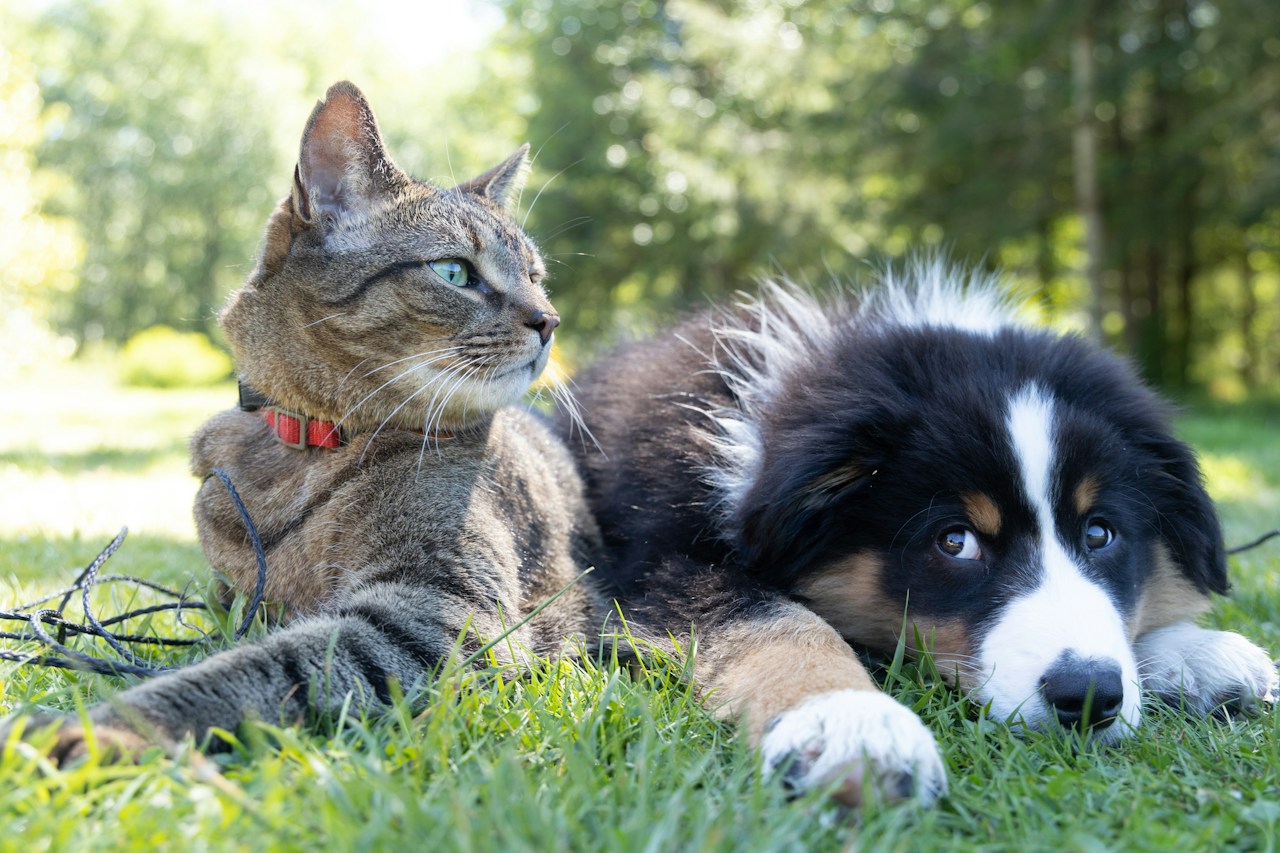Do you want to know how long can cats go without food before you need to take them to the veterinarian? We provide all the information you require.
How long cats can go without food is a common concern among devoted pet parents, who frequently express worries that their feline child has unexpectedly lost interest in foods they once found appetizing.
Table of Contents
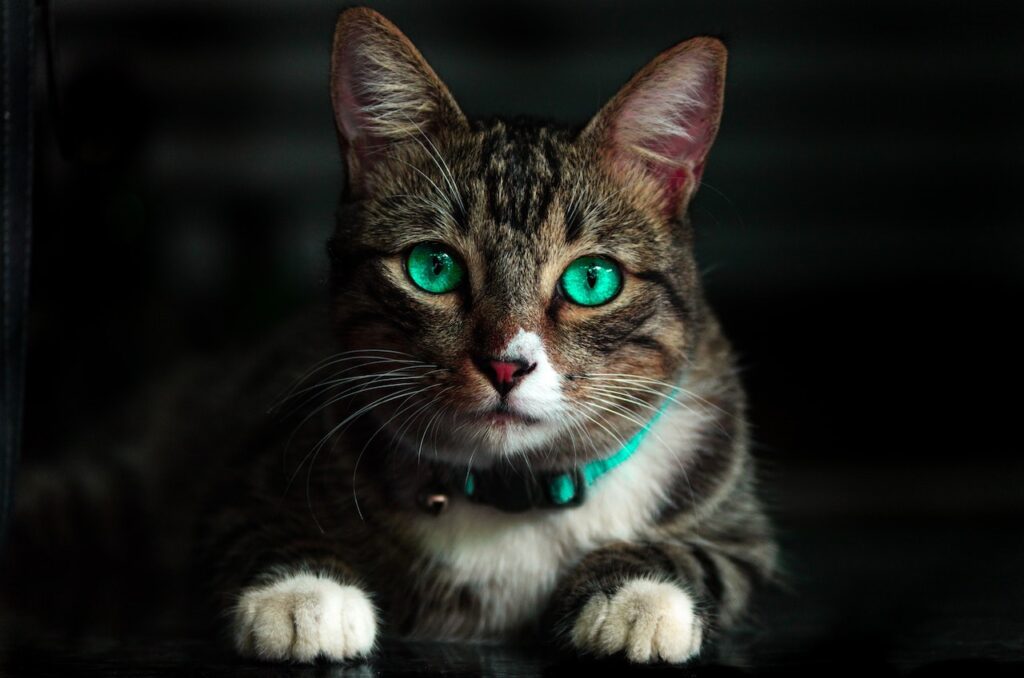
It can be unsettling when your beloved moggy’s eating habits change and you discover their kibble sitting untouched in their bowl night after night because you likely spent a lot of time researching the best cat foods for them.
The good news is that cats are remarkably resilient, so a few days of little to no eating don’t always indicate a serious problem. When your cat isn’t eating, there are a lot of things you can check that might indicate an issue that is simple to resolve.
The most frequent causes of a cat not eating, when to visit the vet, some helpful tips to get your feline friend to chow down, and of course, the answer to the burning question “How long can cats go without food?” are all provided below.
You might be interested in reading: Can cats eat cheese? Is cheese good for cats? 3 kinds of cheese that cats can eat
How long can cats go without food?
If you love food as much as we do, you probably find the idea of skipping a meal horrifying. Your feline friend, however, has a different relationship with food and, as long as they have access to plenty of fresh water, they can go up to two weeks without their kibble. Without it, their chances of surviving longer than a couple of days are slim.
Having said that, just because your cat could theoretically go that long without food doesn’t mean they won’t get very sick and starve. Cats get all the vitamins and minerals they need to thrive from food, just like humans do, so going without is not a good idea.
Never leave a domestic cat without access to food. Although we frequently believe that cats could live without us, not all felines are skilled at foraging for food on their own. This is particularly true for indoor cats, who lack the hunting prowess of their mostly outdoor siblings.
However, if you regularly fill your cat’s food bowl with dry cat food or wet cat food and you notice that they no longer gobble it down with lightning speed but now merely sniff it, it may be time to look into why.
Read: Do cats love their owners?
Can a Cat Go 12 Hours Without Food?
Yes, cats can go 12 hours without food.
Cats, however, should ideally be fed ad libitum, which means that their bowl should always be filled with cat food, and they are free to nibble whenever they please.
Can my cat go without food for a full day?
Yes, a cat can go 24, or even 48, hours safely without food.
This, however, should not be a common practice. Specifically, going without food for a single 24-hour period is acceptable. Outside cats frequently go longer periods without eating. But it is advised that cat owners who are going on a trip look for a cat sitter who will take care of the cat’s needs and prepare meals. They shouldn’t rely on the cat’s capacity to go without food all day.
When should I become concerned if my cat isn’t eating?
Call a veterinarian if your cat stops eating on its own for 24 hours as there may be a health problem. Some indoor cats, however, are grazers and may not consume as much food. In this instance, pay close attention to their weight and energy levels. It’s time to call your vet if you notice significant weight loss and you notice your cat hasn’t been eating. The vet may then recommend changing the cat’s diet or prescribing medication to increase the cat’s appetite.
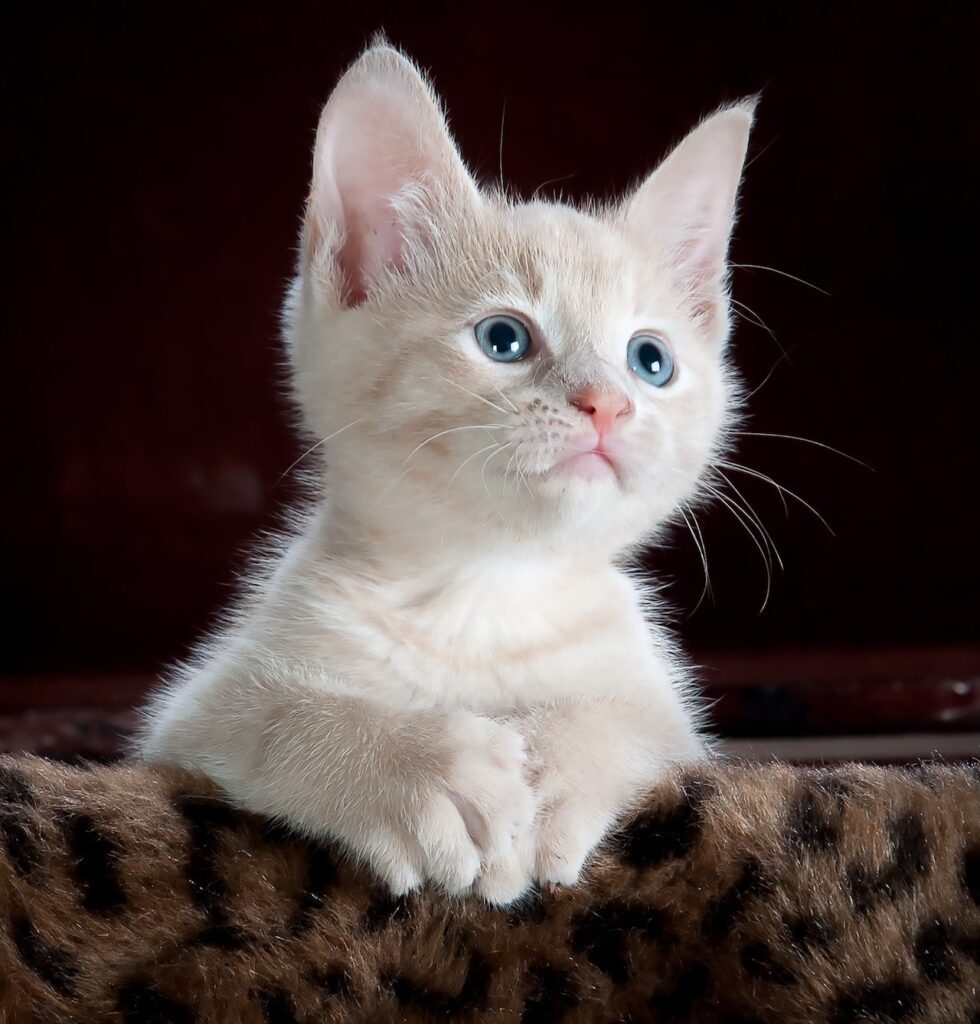
Why does my cat no longer eat?
While some cat owners struggle with their cats eating too quickly and excessively, others struggle with their cats ceasing to eat altogether. Although your cat’s lack of appetite may indicate a health issue, there are other, less concerning causes for it. The most typical ones are:
- A recent vaccination or new medication
- Anxiety or stress brought on by a change in routine
- New food
- A slower metabolism is common in older cats.
- Digestive issues
- Dental/tooth pain
- Kidney disease
- An obstruction/indigestion/constipation
- Pancreatitis
- Boredom/fussiness
Allergies to foods
Without the assistance of your dependable veterinarian, food allergies are difficult to identify.
Respiratory problems
For cats who depend on their keen sense of smell to pique their appetite, a stuffy nose is no fun. One of the many symptoms of respiratory illnesses is a decrease in appetite.
Digestive problems
“Cats may be reluctant to eat or drink if they have any sort of gastrointestinal distress, such as nausea, vomiting, diarrhea, or abdominal pain.
Sadness and depression
Our canine companions can experience the blues just like us. Cats can exhibit a wide range of symptoms when they are sad or depressed. Your cat may be depressed if they abruptly stop eating and refuse its favorite treats.
Travel
“Always consult your veterinarian to determine whether traveling with your specific cat is safe.” A decrease in appetite, illness and other stress-related conditions can result from any change in routine. Motion sickness could be brought on by the movement of the car itself and manifest as momentary nausea and loss of appetite.
Anxiety
The symptoms of anxiety can vary from cat to cat. Some cats may become silent, frozen in place, and more subdued than usual. Some people become more talkative, overgroom, or change their appetites and eating patterns.
Foreign objects
The digestive system of your cat can become clogged by excessive hairballs and other foreign objects, such as string. Contact your veterinarian right away if you believe your cat has ingested a foreign object, has lost its appetite, is vomiting, or appears to be in pain.
Dental diseases
Your cat may require a visit to the feline dentist if they have lost their appetite and it is accompanied by excessive drooling, bleeds, discomfort while eating, or bad breath (which can be treated by brushing your cat’s teeth). Cats frequently suffer from gingivitis, toothaches, and broken teeth.
Medications or vaccinations
Although necessary, vaccines and medications may have side effects, such as appetite loss. If side effects persist for more than a day or two, speak with your veterinarian. Side effects should be minor and transient.
Underlying medical issue
It’s difficult to comprehend why your cat stopped eating all of a sudden. Sometimes the only person who can diagnose the issue is your veterinarian. The following are some examples of potential medical conditions that could cause loss of appetite and weight loss:
- Kidney disease
- Hyperthyroidism
- Liver issues
- Diabetes
- Pancreatitis
- Parasites
- Cancer
Given the complexity of cat behavior, there could be a wide range of explanations for why your moggy has stopped visiting its food bowl. While some of these explanations warrant concern, others will probably go away just as quickly as they arrived. which naturally raises the question of when your cat’s lack of appetite is severe enough to require a trip to the veterinarian.
How to trick your cat into eating
There are a few tricks you can try to see if you can get your cat to eat before you take them to the vet. It may only require switching to a different brand of food, experimenting with flavors or textures, switching from dry to wet cat food, or, if you’ve been keeping leftover food in the refrigerator, gently warming it to remove the chill.
If your cat will allow it, you can also open its mouth, put a little food on its tongue, and see if that increases its appetite. If your cat is apprehensive about being handled in this manner, try putting a little bit on your finger and watching to see if they lick it off.
When it comes to getting your cat to go to their food bowl, having a variety of high-quality cat treats on hand can be helpful. Try adding some to wet food or putting a few in your hand’s palm. Additionally, you might try giving them food from a fresh bowl, moving their eating spot, and making sure their food is always fresh.
Final Thoughts: How long can cats go without food?
It is one thing if your cat doesn’t eat as frequently as usual because of a stressful day or a cold. However, if your cat goes for longer than 24 hours without eating, this may be cause for concern, and he should visit a veterinarian. Monitoring your cat regularly will help to ensure that she has food available at all times. This will guarantee that she didn’t end up being trapped somewhere. There have been reports of this happening despite its rarity of it.
Related :
Why do cats cover their face when they sleep?
Why does my cat chew on me? 6 Reasons you should know.
Hair loss in cats: identifying and solving the problem!
References:
Photos Sources Pexels.com
